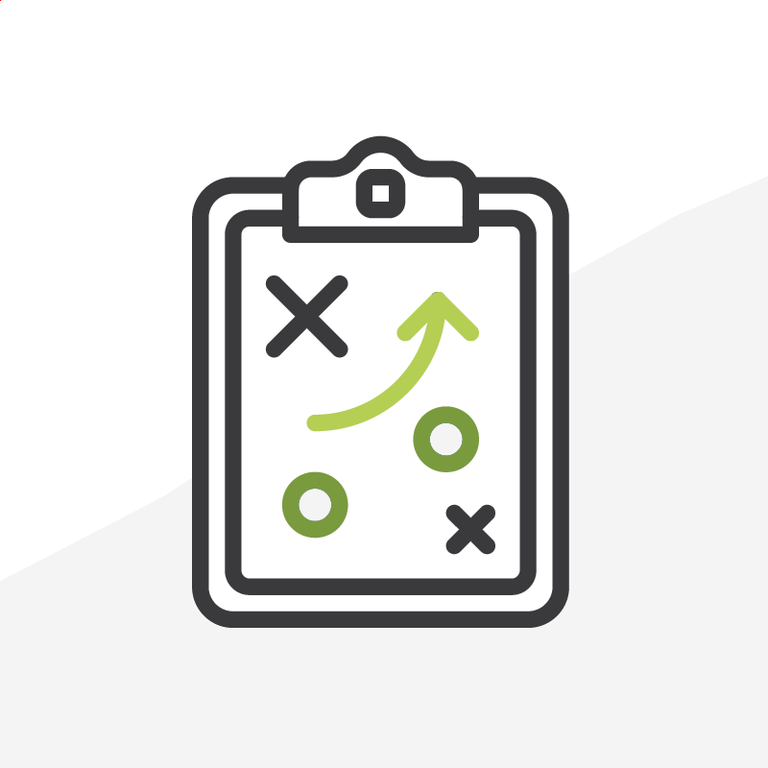
How to Hire Your Next Salesforce Administrator
It’s no secret: your Salesforce is only as good as the people managing it. That’s why identifying the right person/s to lead your organization’s Salesforce use is paramount. Every executive I’ve worked with who made strategic Salesforce investments agonized over the who as much as the what, and that only became more pronounced with the Great Resignation.
When managers embark upon hiring their admin, many use a tried and true approach: put out the word you need an experienced Salesofrce user, one who is a certified Salesforce Admin, and maybe even knows some coding. Solid footing to start on, yes? Well actually no; you may have shot yourself in the foot before ever taking your first step.
Here is a dirty secret: while having experience as a Salesforce user is nice (though not necessary), you definitely don’t need a coder, or even a certified Salesforce Admin. According to Indeed.com, the average salary for a certified Salesforce Admin is around $80K, over $90K in major cities, and $95K for a certified admin with 3 years experience. If you don’t have the budget for that, it’s a non-starter. Even if you do, aren’t there better ways to spend that premium?
The role of a Salesforce Admin (i.e. your power user) is often great for someone on their second or third job. The most important experience they have is first-hand knowledge of how different business processes translate into the day-to-day, both the frustrations and the benefits. Beyond that, I recommend focusing on character instead of expertise.
Here are the four most important attributes to seek:
Are they curious and do they have a taste for data?
A thriving Salesforce instance is a beehive of information, a cacophony of great questions: What effect is our impact having on giving? What parts of our marketing emails are actually getting read? Are donors more likely to sign up as recurring donors when they donate from their phone or from a computer?
Your power user is not just naming fields and assigning licenses. They unlock your team’s ability to ask better questions and seek clearer answers. A great power user is naturally inquisitive and enjoys how data informs them. Pushing your team to be more curious makes your Salesforce a living, breathing part of your organization.
Will they be motivated to keep learning?
Building on that curiosity, a great power user likes learning new things. If they don’t embrace staying at the front of the curve, they’ll fall behind before they even get their first paycheck. Resting on your laurels will turn a functional system stale, and a stale data system loses trust and value. You want a power user who sees ongoing learning not as a hassle, but a benefit of the job. With three major releases a year, Salesforce demands no less.
Are they process oriented?
That ongoing innovation isn’t limited to people. Salesforce doesn’t just capture and repackage data. It shapes processes - your collection and management of leads, opportunities, contacts, events, tasks, communications…really all of them if you let it. Utilizing Salesforce will change your processes, even the ones you think are fine for now. No organization emerges from a successful Salesforce implementation without it happening. The power of Salesforce will cut through previous restrictions and open up opportunities for more transparent, collaborative, and effective processes. Your power user must have their antenna tuned to, “is this the best way to do this?” ensuring your organization’s processes develop alongside your growth.
Are they a legit people person? (Not the same as “are they an extrovert?”)
This last characteristic might be super obvious, it also might be super not obvious. Discard the cliche of the data nerd hiding behind three screens in their basement - that is not your power user. They need to have a rotating hat rack as an educator, evangelist, coach, therapist, and sheriff. They don’t have to be the life of the party, but they do need a high emotional IQ. They will have a lot of touchpoints with everyone in the organization and how they use their ubiquity will shape your organization’s data culture.
The Hiring Strategy: Get a “Win-Win” by demanding and enabling mutual growth
So how do you hire the right person and set them on a course for success, and that of your organization as well? First: advertise that if hired, candidates are expected to become a certified Salesforce Admin by the end of their first year, and earn an additional certification every following year, and that you will provide the resources to do that. The learning resources are at your fingertips, both paid (e.g. Premier Support Accelerators and FocusOnForce), and unpaid (Trailhead, Trailblazers Community, webinars, etc.).
Applying what they learn to your Salesforce will instantly translate study time into improvements in your instance; a true win-win for your hire and your organization. By providing the tools and giving them one hour a week towards preparing for their certification, you can watch them launch your data into a whole new orbit and become a true rockstar for your organization.*
This strategy may not solve all challenges around staffing your Salesforce instance, but it provides a path for turning a short-term hiring problem into a long-term success formula. So while considering your next Salesforce admin, stick to the adage, “hire for attitude, not aptitude.”
*because they will become data rockstars, you will need a strategy to retain them long-term, but that’s another blog post for another day.
Want to talk more about building a strong team and Salesforce practice? Reach out to me on LinkedIn or get in touch with the Arkus team through our contact form.
